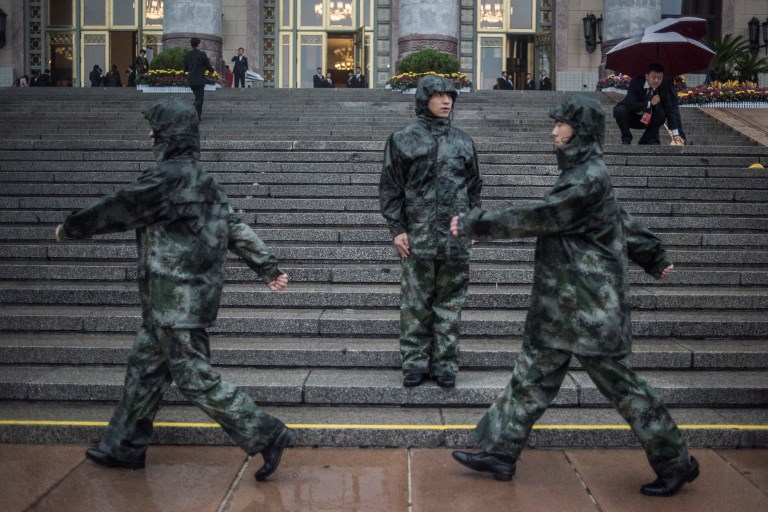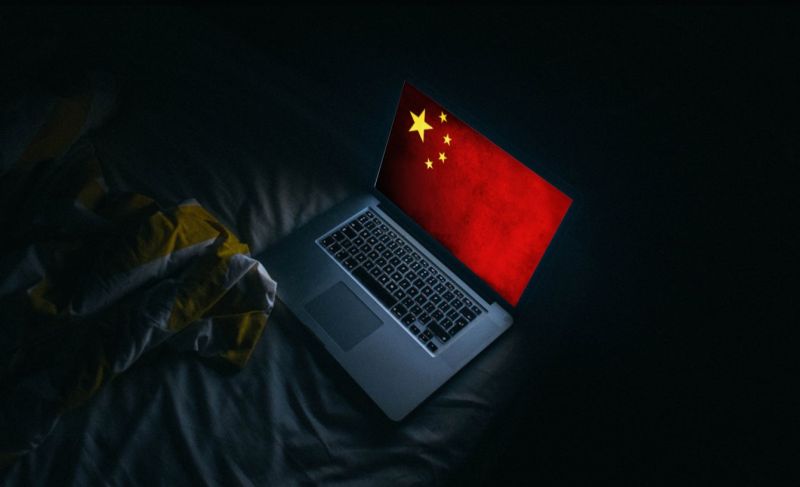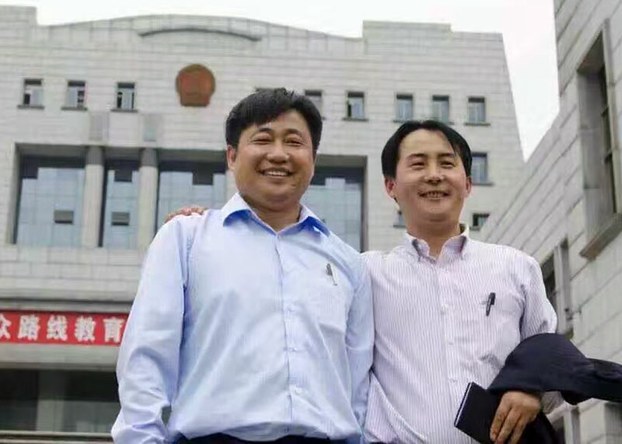Chinese President Xi Jinping has led a sweeping crackdown on civil society since taking power in 2012, targeting everyone from human rights lawyers to celebrity gossip bloggers.
Xi’s enactment of regulations such as the national security law established legal bases for the government’s tightening grip, formalising de facto restrictions that had long been in place.

As the Communist Party prepares to give Xi a second five-year term at a congress that opened Wednesday, here are four aspects of Chinese society that have seen clampdowns over the last five years:
Cyberspace
China has one of the world’s most restrictive mechanisms for online censorship, with Facebook, Twitter and Google among the platforms blocked by the so-called “Great Firewall.”
In June, the country implemented a controversial cybersecurity law that tightens restrictions on online freedom of speech and imposes new rules on service providers, including one requiring tech companies to store user data inside the country.

In the wake of its roll-out, celebrity gossip blogs have been shut down, video streaming websites censored and social media platforms probed for “obscenity.”
Online videos that did not adhere to “correct political and aesthetic standards” were ordered to be removed under regulations introduced in the same month.
Among the films, dramas and cartoons targeted by the rules were those “demonstrating ‘abnormal’ sexual relations or acts, such as … homosexuality.”
In the run up to the congress, the government also started cracking down on virtual private network (VPN) software that allows users to bypass the firewall.
Lawyers
For several days beginning on July 9, 2015, more than 200 Chinese human rights lawyers and activists were detained or questioned in a police swoop that rights groups called “unprecedented.”
Many of the individuals disappeared after being taken away by police who searched their homes and seized their computers and other documents.

The “709 crackdown,” as it was later dubbed, marked the largest clampdown on the legal profession in recent history.
Among those rounded up were prominent attorneys Xie Yang, Li Heping and Wang Quanzhang. All were known for representing people whom the ruling Communist Party considers “enemies of the state”: democracy activists, Falun Gong practitioners and dissident scholars.
While the majority of lawyers were released on bail, a handful — including Xie and Li — were found convicted of various crimes and sentenced to up to seven years in prison.
Dissidents
The Nobel Peace laureate and dissident Liu Xiaobo died of liver cancer while in police custody this July, despite international pleas to allow him to spend his final days free and abroad.
The prominent 61-year-old democracy advocate was serving an 11-year prison sentence for “subversion” — a charge frequently levelled against human rights defenders and Communist Party critics.
Liu’s death in custody triggered rage and frustration among the Chinese dissident community, which expressed a sense of hopelessness under Xi.

Most of Liu’s friends are under tight surveillance, and several supporters were detained after holding memorial services. Liu’s wife, the poet Liu Xia, has been under house arrest since he won the Nobel in 2010.
In semi-autonomous Hong Kong, pro-democracy activists must also contend with an increasingly assertive Beijing. Elected pro-democracy lawmakers were ousted from the parliament, while leaders of the Umbrella Movement protest have been put in jail.
A sweeping national security law passed in July 2015 offered a vague definition of “endangering state security,” opening up greater opportunities for laying state security and terrorism charges, which have seen rising prosecution in recent years.
Religion
In China’s far western Xinjiang region, the mostly Muslim Uighur population has struggled with increasingly strict curbs on their faith, including bans on beards and public prayers.
The officially atheist authorities say the restrictions and heavy police presence are intended to control the spread of Islamic extremism and separatist movements, but analysts warn that Xinjiang is becoming an open air prison.

Authorities have flooded the region with tens of thousands of security personnel and placed police stations on nearly ever block. Surveillance cameras are ubiquitous in places of worship.
Meanwhile, rights groups say several Tibetan monks have died in self-immolation protests in recent months.
Efforts toward a rapprochement between the Vatican and Beijing, which have been estranged for decades, have also been stalled due to disagreements over the appointment of bishops.
